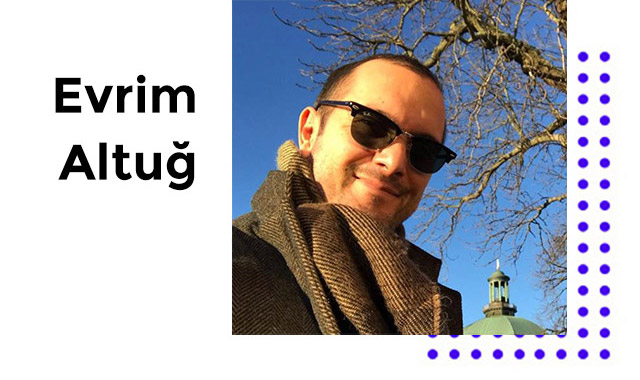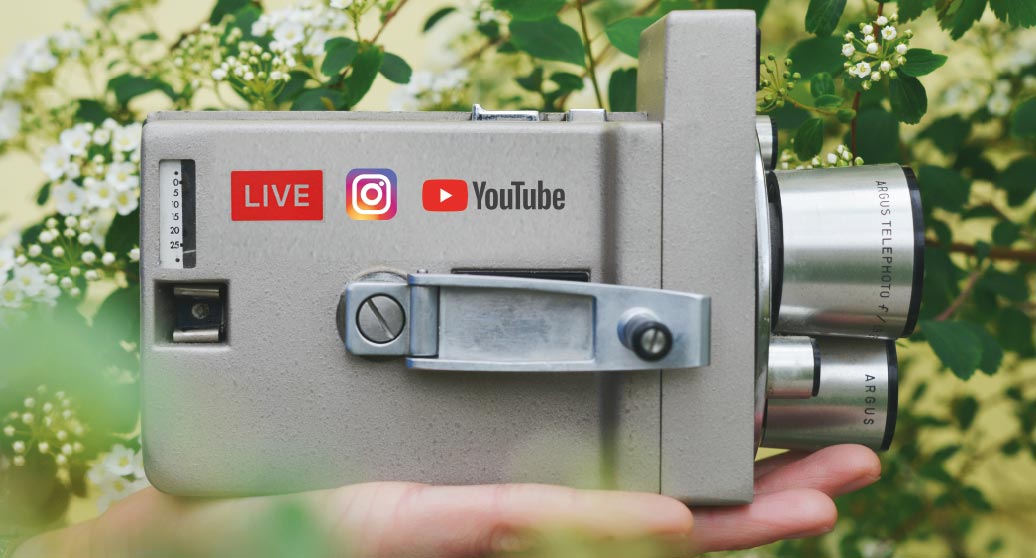
Fueled by the pandemic, the world draws inspiration from culture and arts on its way to “examine” its local and global trove of knowledge in a more realistic, visionary fashion. Restrictions have restored balance in nature, while events that are still taking place are marked with equal participation, creativity and knowledge.
How to interpret the world’s newfound search for creativity, solution, and equality in response to the negativity unleashed by the pandemic that shapes our agendas?
When we go out in the streets and see each other face to face again, can we reassert the spirit of electro-social revolution and solidarity we think we have created on our screens? In this piece, I will wear my “rose-colored glasses” and try to seek answers to these kinds of questions.
As far as I can see and, in my experience, the almost entirely digitalized individual, regional, and national communication apparatuses raise the question, yet again, of what it means to enjoy freedom of expression and social equality.
As a result, numerous organizations have come up with creative solutions shared in educational posts and videos on individual, communal, and national levels. There is a massive surge in diversity from pedagogy to design, digital libraries, and discussion platforms.
Usage and consumption habits in banking, air and land transport are redirected to screens, preventing environmental pollution on a substantial scale at the right time.
As people become more aware of how their resources and chiefly they themselves are finite, they considerably tend to share, demand, and recycle possessions with each other. This in turn somewhat lays the foundations of a cultural reform in social relationships based on trust, conscience, kindness, evil, common sense, and foresight.
This atmosphere reasserts behaviors such as “donation” and “sharing,” while large organizations reconfirm their services to the World with donations in the domains of culture and education. Various organizations support the “You Have a Place With Us” (“Bizde Yerin Ayrı”) campaign launched by the Theater Cooperative to support private theaters currently shut down due to COVID-19.

Live concerts, “webinars”, and audience meetings by artists, enormous archives – exhibitions made available highlight a sense of collection, concern for the future, and intergenerational, productive participation.
Consequently, a collective concern that drives out selfishness increasingly demonstrates that content lasts when it has quality as well as historical and archival value. With a fresh perspective each time, libraries, museums, and digital data banks prove time and again why we keep collecting things.
Let me give you a couple of examples from Turkey and abroad
Turkish Publishers Association launched OKUYAY (advancing reading culture) platform thanks to the Partnerships and Networks Grant Scheme by the Directorate for EU Affairs by the Turkish Ministry of Foreign Affairs. The association holds OKUYAY meetings on the platform. The latest “online” meeting held to address this issue, the participants shared ideas on how to create a synergy and better promote the projects to be carried out in Ankara, Istanbul, and Adana under the “Uniting Pilot Projects” title.
L’Internationale, European Museum Confederation of which SALT from Turkey is a member, has recently signed a declaration entitled “Towards a Healthy Society.” Accordingly, members of the confederation, which are active cultural organizations in their respective countries, accept the requirement to reorganize programs and activities beyond the current emergency, based on the demands and capacity of the civil society. The declaration strongly emphasizes meanwhile the need for a new balance in the dynamic interaction between economy, politics, and culture.

Audiobooks, virtual exhibitions, and online meetings testify to the criticality of the information economy and the equilibrium it promises, demonstrating once again how viewers, listeners or followers have the right and the power to set or change the agenda. It’s become clear yet again that many common crises in the World, chiefly the pandemic, call for a common way of communication, mutual understanding, and equal sharing. This is evidenced increasingly in digitalized films, music festivals, biennials, and art fairs.
When it comes to content creation, the value of archiving and the production of knowledge comes to the fore again. An indicator of this fact is that we very frequently turn to culture, medicine, history, and numerous similar fields as well as professionals of these fields.
An example is the SARAT (Safeguarding Archaeological Assets of Turkey) Project which won the Europa Nostra Award 2020 in the category Education, Training and Awareness Raising. Chaired by the Ankara British Archaeology Institute, SARAT Project was launched in partnership between Koç University Research Center for Anatolian Civilizations and the UK Committee of International Council of Museums (ICOM UK).
SARAT has four main activities including the Online Certificate Program for Safeguarding Archaeological Assets of Turkey made up of 20 Turkish-language courses on disaster management in cultural heritage and emergency preparations; “Archeology at Home” meetings where discussions are held on public opinion polls in Turkey on archeology, results of the poll and how to incorporate cultural heritage further in societies; “Workshops with Journalists” that seek to improve the quality and accuracy of news on archeology as well as talks with collectors of recorded ancient works in Turkey.
Enhanced now with the pandemic, the coalition between art, technology, and interaction naturally enables future generations on an incredible level, helping them build their identity on equal terms, in health, and with freedom. Good examples include “virtual exhibition” technologies by museums, extraordinary digital applications bringing children and parents together with art, science, literature, and design.
Another example is the “School for Parents” made available on YouTube by Nâzım Hikmet Cultural Center in Istanbul and Izmir. Organizing similar events for the last seven years, the Center most recently hosted specialist doctors Nevin Eracar and Özlem Koç on May 17 to discuss “Home Affairs during the Pandemic.”
At least for now, it seems that arts and culture provide uninterrupted services with participatory, digital-electro opportunities, acting as humanity’s “recycling” facility.
At least they remind us that we are charged by each other, not by our devices.


